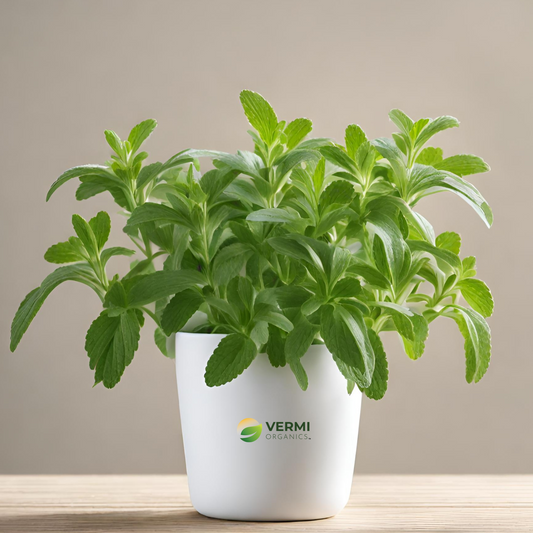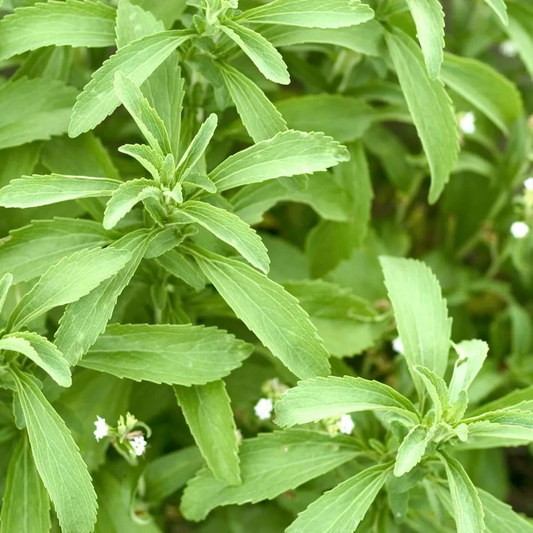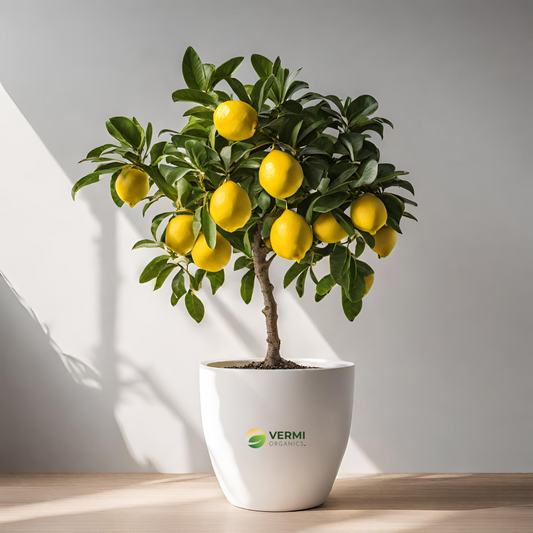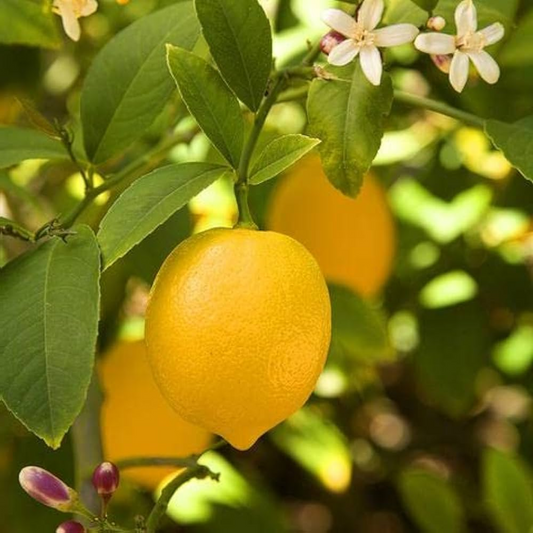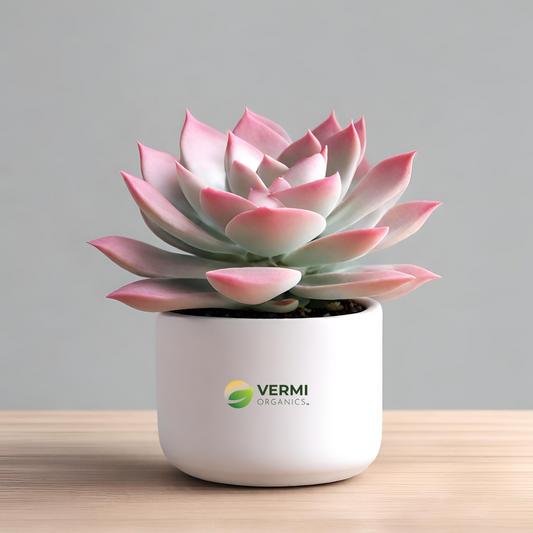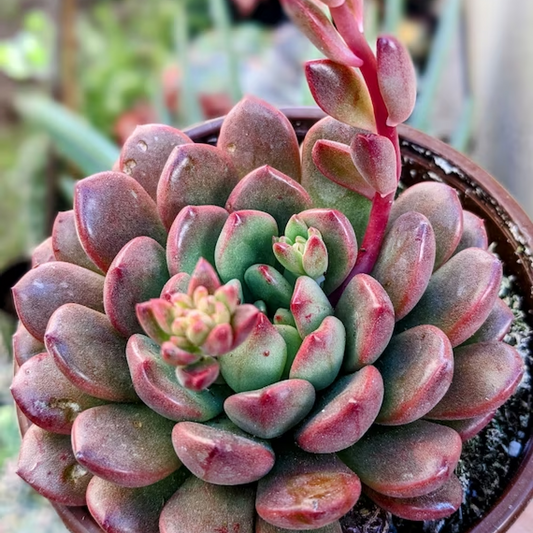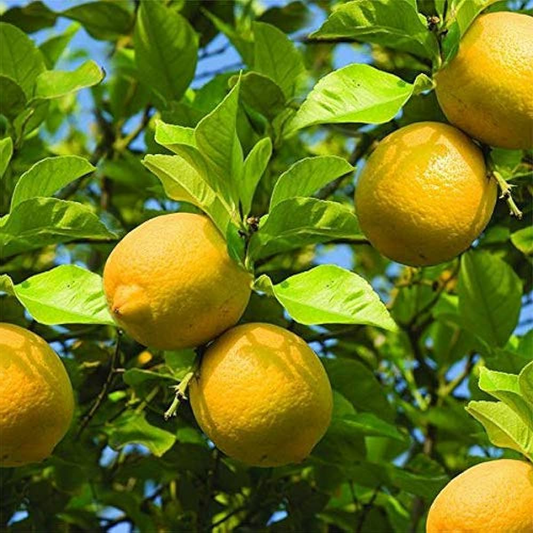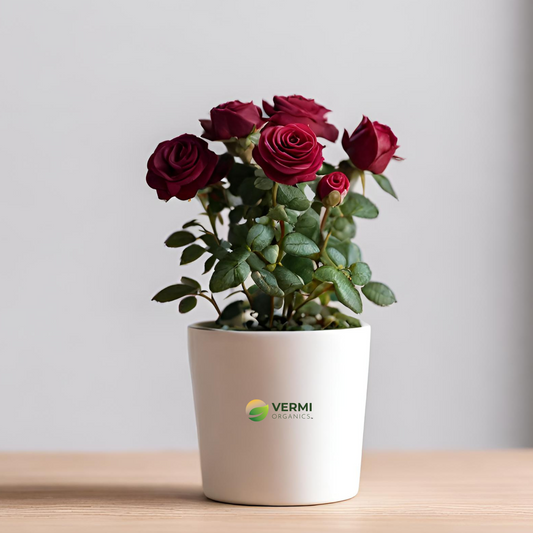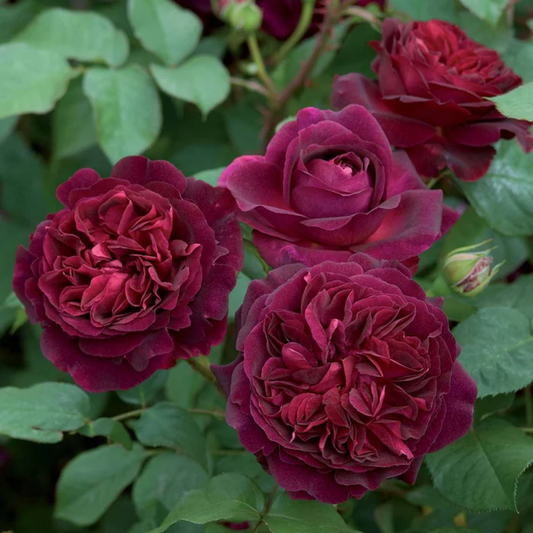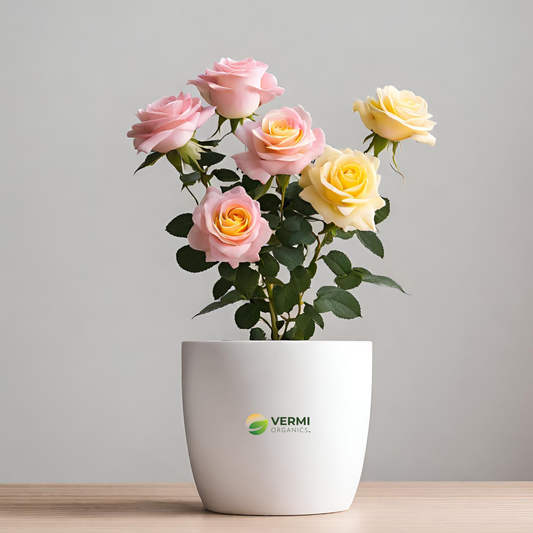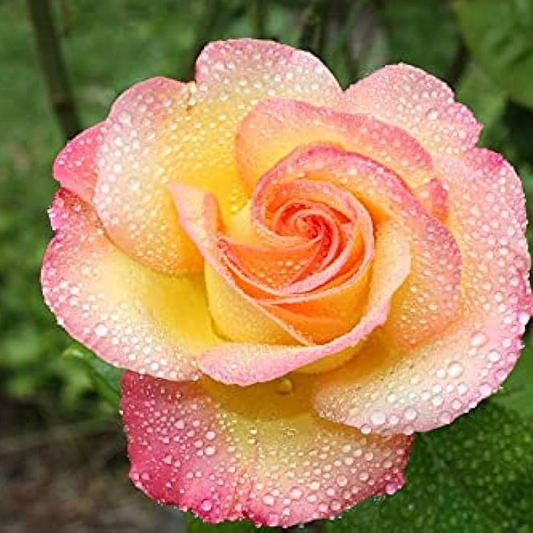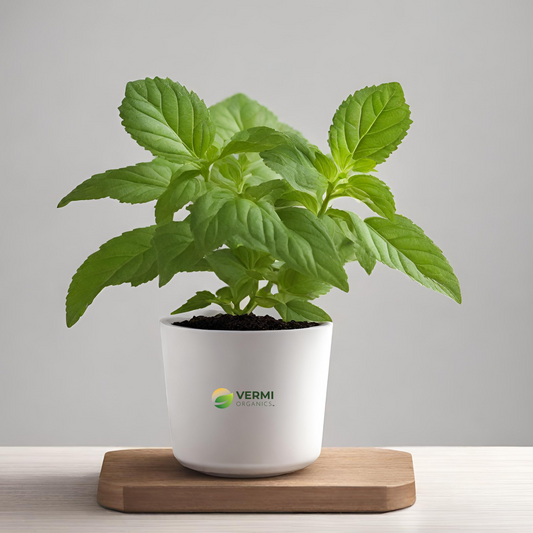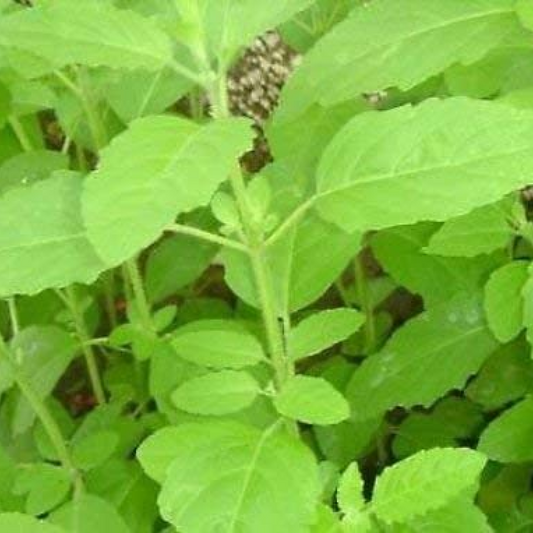Collection: Plants
-
Cuphea Hyssopifolia ( Lavender Colour) - Plant
Regular price Rs. 349.00Regular priceUnit price / perRs. 499.00Sale price Rs. 349.00Sale -
Stevia Plant, Stevia rebaudiana, Mithi Tulsi - Plant
4.0 / 5.0
(2) 2 total reviews
Regular price Rs. 299.00Regular priceUnit price / perRs. 399.00Sale price Rs. 299.00Sale -
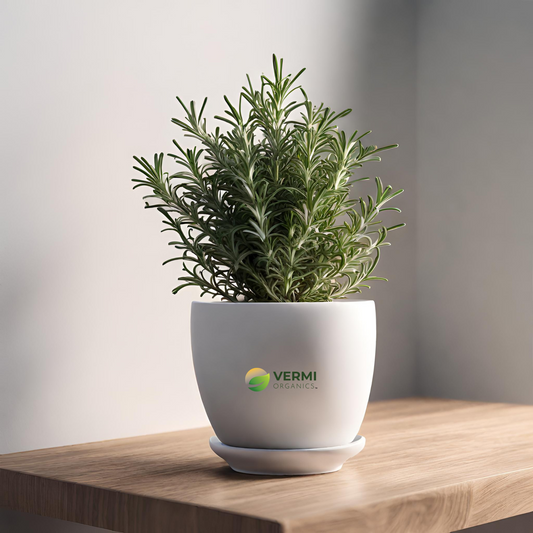
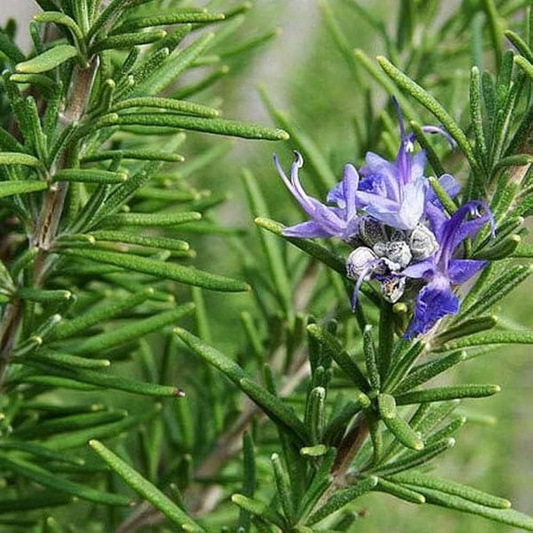 Sold out
Sold outRosemary - Plant
5.0 / 5.0
(1) 1 total reviews
Regular price Rs. 349.00Regular priceUnit price / perRs. 599.00Sale price Rs. 349.00Sold out -
Curry Leaves, Kadi Patta, Murraya koenigii, Meetha Neem - Plant
5.0 / 5.0
(2) 2 total reviews
Regular price Rs. 299.00Regular priceUnit price / perRs. 359.00Sale price Rs. 299.00Sale -
Echeveria imbricata, Blue Rose Echeveria - Succulent Plant
4.0 / 5.0
(1) 1 total reviews
Regular price Rs. 399.00Regular priceUnit price / perRs. 599.00Sale price Rs. 399.00Sale -
 Sold out
Sold outCommon Mint Plant, Pudina - Plant
Regular price Rs. 299.00Regular priceUnit price / perRs. 359.00Sale price Rs. 299.00Sold out -
Kagzi Nimboo, Lemon Tree - Plant
Regular price Rs. 499.00Regular priceUnit price / perRs. 599.00Sale price Rs. 499.00Sale -
African Violets (Purple) - Purple
4.75 / 5.0
(8) 8 total reviews
Regular price Rs. 449.00Regular priceUnit price / perRs. 599.00Sale price Rs. 449.00Sale -
Sedeveria Pink - Succulent Plant
Regular price Rs. 599.00Regular priceUnit price / perRs. 699.00Sale price Rs. 599.00Sale -
Nimboo, Lemon Tree (Big Fruit, Grafted)- Plant
4.0 / 5.0
(1) 1 total reviews
Regular price Rs. 399.00Regular priceUnit price / perRs. 799.00Sale price Rs. 399.00Sale -
English Rose (Yellow) - Plant
5.0 / 5.0
(2) 2 total reviews
Regular price Rs. 299.00Regular priceUnit price / perRs. 359.00Sale price Rs. 299.00Sale -
Miniature Rose, Button Rose (Maroon) - Plant
Regular price Rs. 499.00Regular priceUnit price / perRs. 450.00Sale price Rs. 499.00 -
Hibiscus, Gudhal Flower (White) - Plant
3.5 / 5.0
(2) 2 total reviews
Regular price Rs. 299.00Regular priceUnit price / perRs. 350.00Sale price Rs. 299.00Sale -
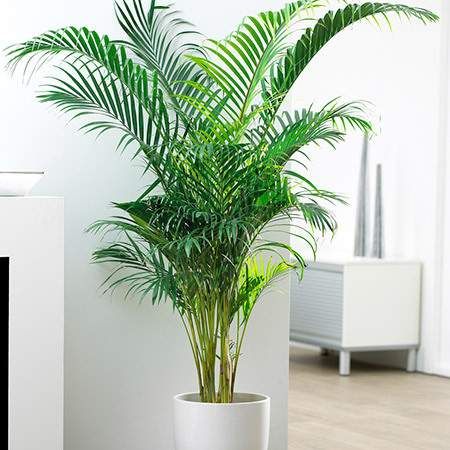 Sale
SaleAreca Palm - Plant
Regular price Rs. 399.00Regular priceUnit price / perRs. 1,500.00Sale price Rs. 399.00Sale -
Neem Tree, Azadirachta indica - Plant
Regular price Rs. 299.00Regular priceUnit price / perRs. 350.00Sale price Rs. 299.00Sale -
Rose (Pink Yellow) - Plant
5.0 / 5.0
(1) 1 total reviews
Regular price Rs. 750.00Regular priceUnit price / perRs. 850.00Sale price Rs. 750.00Sale -
 Sale
SaleLemon Grass - Plant
5.0 / 5.0
(1) 1 total reviews
Regular price Rs. 299.00Regular priceUnit price / perRs. 650.00Sale price Rs. 299.00Sale -
Rajnigandha, Tuberose (Double) - Plant
Regular price Rs. 299.00Regular priceUnit price / perRs. 399.00Sale price Rs. 299.00Sale -
Euphorbia (Pink - Green) - Plant
Regular price Rs. 399.00Regular priceUnit price / perRs. 499.00Sale price Rs. 399.00Sale -
Carnation (White) - Plant
5.0 / 5.0
(1) 1 total reviews
Regular price Rs. 299.00Regular priceUnit price / perRs. 359.00Sale price Rs. 299.00Sale -
Rama Tulsi Plant, Holy Basil, Ocimum sanctum (Green) - Plant
5.0 / 5.0
(2) 2 total reviews
Regular price Rs. 299.00Regular priceUnit price / perRs. 399.00Sale price Rs. 299.00Sale -
Krishna Tulsi Plant, Holy Basil, Ocimum tenuiflorum (Black) - Plant
5.0 / 5.0
(1) 1 total reviews
Regular price Rs. 299.00Regular priceUnit price / perRs. 250.00Sale price Rs. 299.00 -
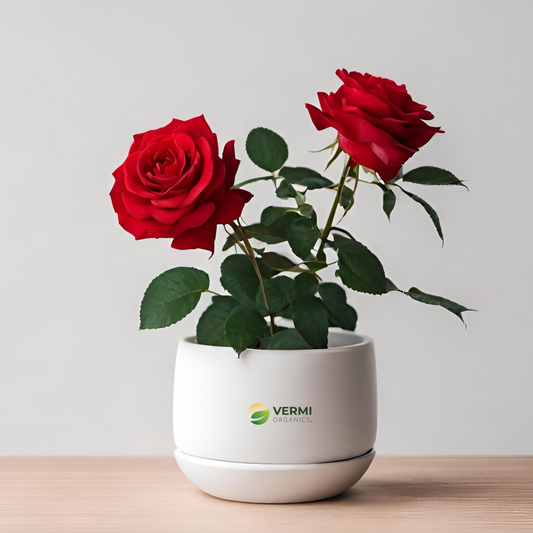
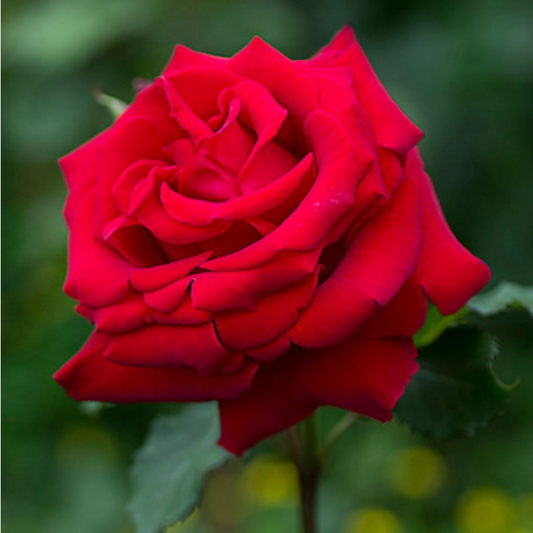 Sale
SaleRose (Red) - Plant
1.0 / 5.0
(1) 1 total reviews
Regular price Rs. 299.00Regular priceUnit price / perRs. 399.00Sale price Rs. 299.00Sale -
Kalanchoe (light Pink) - Plant
5.0 / 5.0
(1) 1 total reviews
Regular price Rs. 399.00Regular priceUnit price / perRs. 450.00Sale price Rs. 399.00Sale
Trending Collections
Plants
Plants are the cornerstone of life on Earth, offering a myriad of benefits ranging from oxygen production to providing food and enhancing our surroundings. Understanding the nuances of plant care, propagation, and gardening tips can transform any space into a vibrant oasis. Let's delve into the multifaceted realm of plants, exploring different categories that form the essence of green living.
1. Plant Care: Nurturing Green Life
Plants, like any living organism, require care and attention to thrive. Understanding their needs is pivotal for their health and growth.
- Watering Techniques
Proper watering habits vary among different plant species. From succulents craving infrequent watering to moisture-loving ferns, discerning the watering needs of each plant is crucial.
- Light Requirements
The intensity and duration of light significantly impact plant health. Categorizing plants as low, medium, or high light helps in placing them in suitable environments.
- Temperature and Humidity
Different plants have distinct preferences for temperature and humidity. Creating optimal conditions is key to their well-being.
- Pruning and Trimming
Regular maintenance, like pruning dead leaves or trimming overgrown branches, aids in promoting growth and aesthetics.
- Fertilization Schedules
Balanced feeding with appropriate fertilizers enriches the soil and supports healthy plant development.
2. Types of Plants: Diverse Green Companions
Plants come in a plethora of varieties, each serving distinct purposes and adding beauty to our surroundings.
- Indoor Plants
From resilient snake plants to elegant peace lilies, indoor plants not only purify the air but also elevate interiors.
- Outdoor Plants
Gardens bloom with an array of outdoor plants, including vibrant flowers, lush shrubs, and fruit-bearing trees, transforming landscapes into captivating vistas.
- Edible Plants
Growing your own vegetables and herbs not only provides fresh produce but also fosters a deeper connection with nature's bounty.
- Ornamental Plants
Flowers like roses, daisies, and tulips, alongside decorative foliage, add color and charm to gardens and floral arrangements.
3. Propagation: Green Offspring
The ability to propagate plants allows us to multiply our green companions and nurture new life.
- Seed Germination
Understanding the germination process and providing the right conditions is crucial for successful seedling growth.
- Plant Propagation Techniques
Methods like stem cuttings, division, and grafting enable the creation of new plants from existing ones.
4. Gardening Tips: Mastering the Green Thumb
Practical tips and tricks help in managing and enhancing the beauty of our green spaces.
- Container Gardening
Utilizing containers for planting offers flexibility, especially in smaller spaces or urban settings.
- Companion Planting
Selecting plant companions that benefit each other in terms of pest control or nutrient exchange promotes healthier gardens.
- Seasonal Gardening Advice
Tailoring gardening practices to different seasons ensures optimal plant care and productivity.
- Creating Garden Beds
Effective bed preparation, including soil conditioning and layout planning, contributes to successful gardening.
5. Soil Management: Fertile Ground for Growth
The foundation of healthy plants lies in the quality of the soil they grow in.
- Importance of Soil Health
Adequate soil structure, nutrients, and pH levels are pivotal for robust plant growth.
- Soil Types and Improvement
Understanding different soil types and enhancing their quality through composting and organic matter is vital.
Embracing the world of plants offers a rewarding experience, fostering a deeper connection with nature and enhancing our living spaces. By appreciating the nuances of plant care, exploring diverse plant types, mastering propagation techniques, incorporating effective gardening tips, and nurturing fertile soil, we cultivate a greener, healthier world.
FAQ's
How often should I water my plants, and how can I determine their water needs?
Proper watering frequency varies based on plant species and environmental conditions. Monitor the soil's moisture level and adjust watering accordingly.
What are the best indoor plants that thrive in low-light conditions?
Several plants, such as snake plants, pothos, and ZZ plants, thrive in low-light environments, making them ideal choices for indoor spaces.
How can I prevent overwatering my plants?
Ensure proper drainage in pots, use pots with drainage holes, and allow the soil to dry out slightly between waterings to prevent overwatering.
What are some natural ways to deal with common plant pests?
Neem oil, insecticidal soaps, and introducing beneficial insects like ladybugs are effective natural remedies for controlling plant pests.
What's the difference between annual and perennial plants?
Annual plants complete their life cycle in one growing season, while perennial plants live for multiple growing seasons, returning year after year.
What's the best time to fertilize plants, and what type of fertilizer should I use?
Fertilize plants during their active growing season using balanced fertilizers. Organic options like compost or slow-release granular fertilizers are beneficial.
How do I propagate my plants through stem cuttings?
Take healthy stem cuttings from mature plants, remove lower leaves, and place them in a suitable rooting medium to encourage root growth.
What are the ideal conditions for successful seed germination?
Providing adequate moisture, warmth, and suitable soil conditions are essential for successful seed germination.
How can I improve the quality of my garden soil naturally?
Composting kitchen scraps, adding organic matter like compost or aged manure, and mulching are effective ways to improve soil quality naturally.
What are some easy-to-care-for outdoor flowering plants for beginners?
Plants like marigolds, petunias, and zinnias are easy-to-care-for outdoor flowering plants that are perfect for beginners and add color to gardens.
How do I determine the right amount of sunlight for my plants?
Understand your plant's light requirements by observing its response to different light levels. Use guides that categorize plants based on their light needs.
What are the signs of nutrient deficiency in plants, and how can I address them?
Yellowing leaves, stunted growth, or leaf discoloration can indicate nutrient deficiencies. Address this by using balanced fertilizers or organic supplements.
Can I grow herbs indoors, and what are the best herbs for indoor gardens?
Yes, herbs like basil, parsley, mint, and thyme thrive indoors, providing fresh flavors for culinary delights.
How can I revive a dying plant?
Assess the cause - overwatering, underwatering, or inadequate light - and take corrective measures, such as adjusting watering or providing more suitable lighting conditions.
Is repotting necessary, and how do I know when it's time to repot my plants?
Repotting becomes necessary when plants outgrow their containers or when the soil becomes depleted. Signs include roots growing out of drainage holes or water not being absorbed properly.
Can I use rainwater to water my plants, and what are the benefits?
Rainwater is beneficial for plants as it's free from chemicals, like chlorine, found in tap water. Collect and store rainwater for plant watering needs.
What's the best way to deal with root-bound plants?
Gently loosen the roots before repotting or consider root pruning to prevent plants from becoming root-bound.
How do I protect my plants from extreme weather conditions like frost or heatwaves?
Use frost cloth or covers during frost periods and provide shade or extra watering during heatwaves to protect plants.
What are some low-maintenance plants suitable for busy individuals?
Succulents, cacti, and certain ferns are low-maintenance plants that require minimal care and attention.
Can I grow plants from kitchen scraps, and how do I do it?
Yes, certain kitchen scraps like lettuce, celery, and onions can regrow from scraps when placed in water or soil under suitable conditions.
How do I prevent and treat plant diseases organically?
Practices such as proper watering, adequate spacing, and using organic fungicides or neem oil can help prevent and treat plant diseases.
What's the difference between organic and synthetic fertilizers?
Organic fertilizers are derived from natural sources, offering slow-release nutrients, while synthetic fertilizers are chemically produced and provide quick nutrient absorption.
What's the best way to care for plants during vacation or extended absences?
Use self-watering systems or ask a friend or neighbor to water your plants while you're away to ensure they stay hydrated.
Are there plants that naturally repel pests?
Plants like lavender, mint, and marigolds have natural pest-repelling properties, making them beneficial companions for other plants.
Can I use Epsom salt as a fertilizer, and which plants benefit from it?
Epsom salt, when used sparingly, can provide magnesium to plants like tomatoes, roses, and peppers, aiding in their growth.



